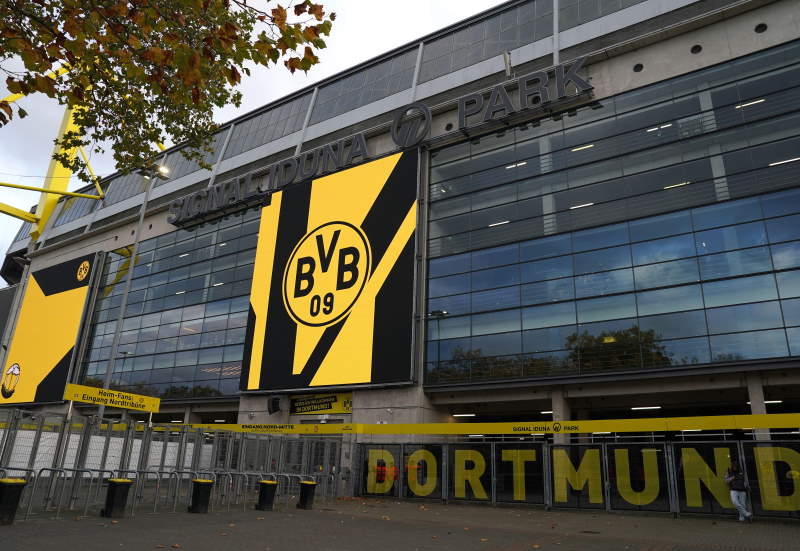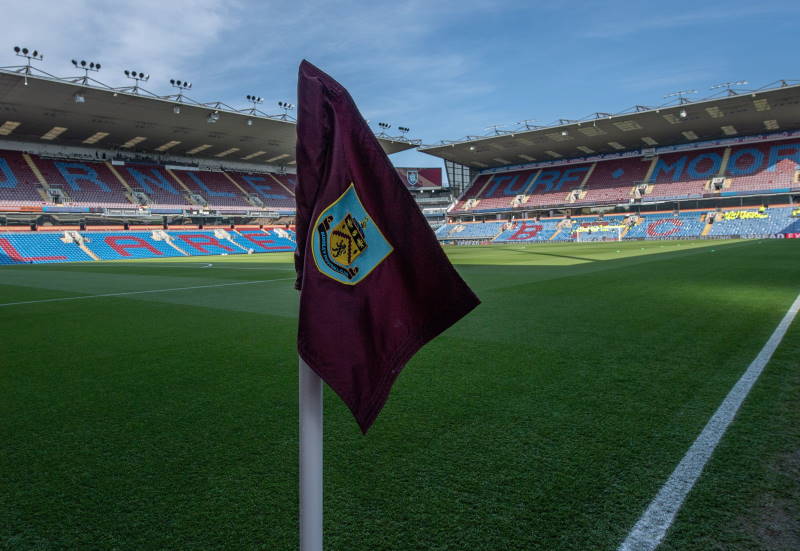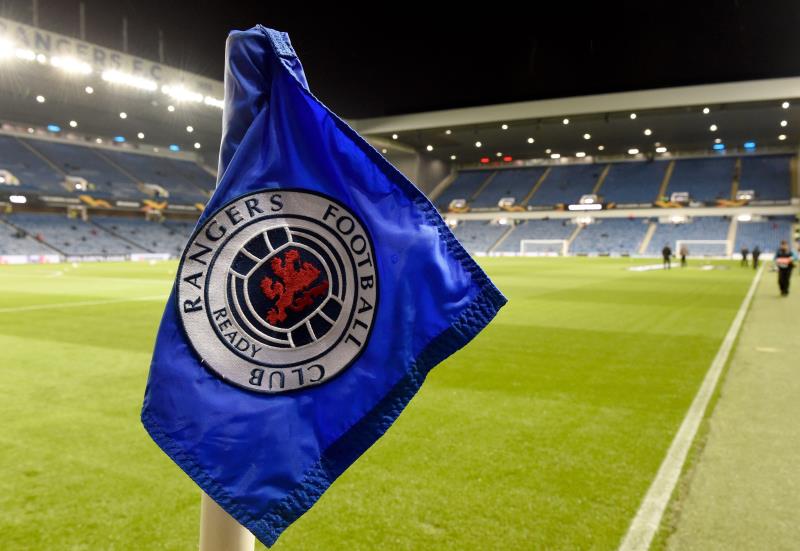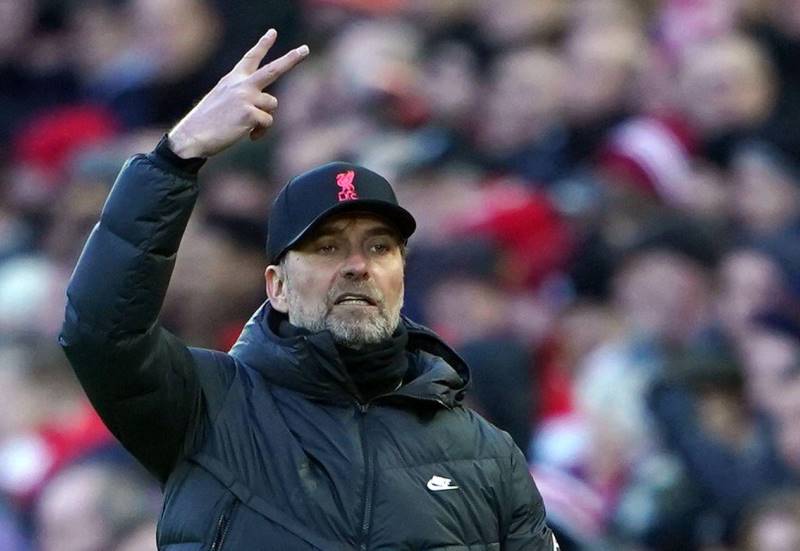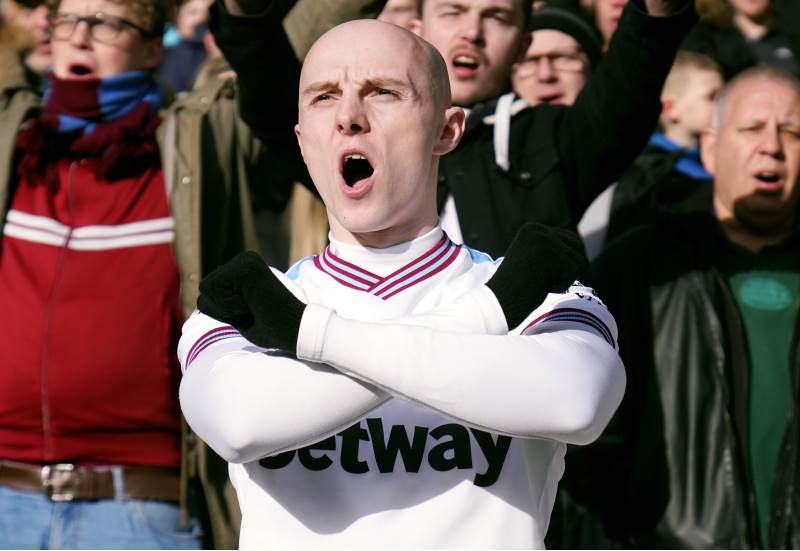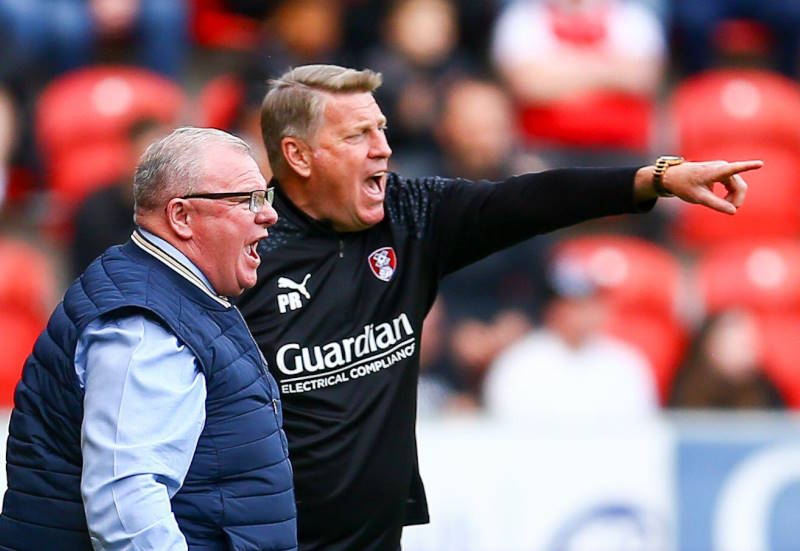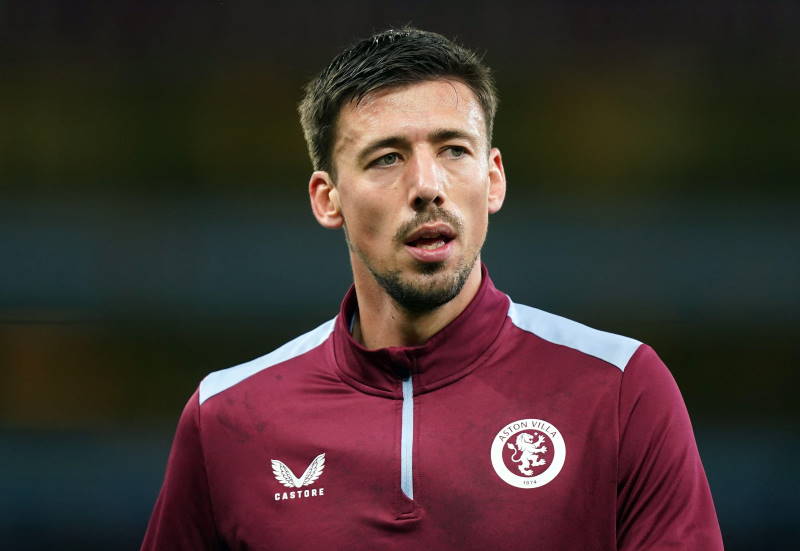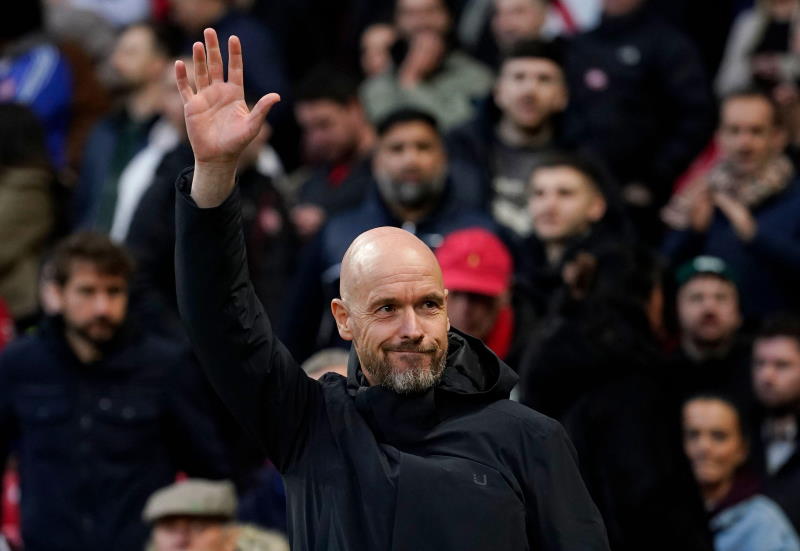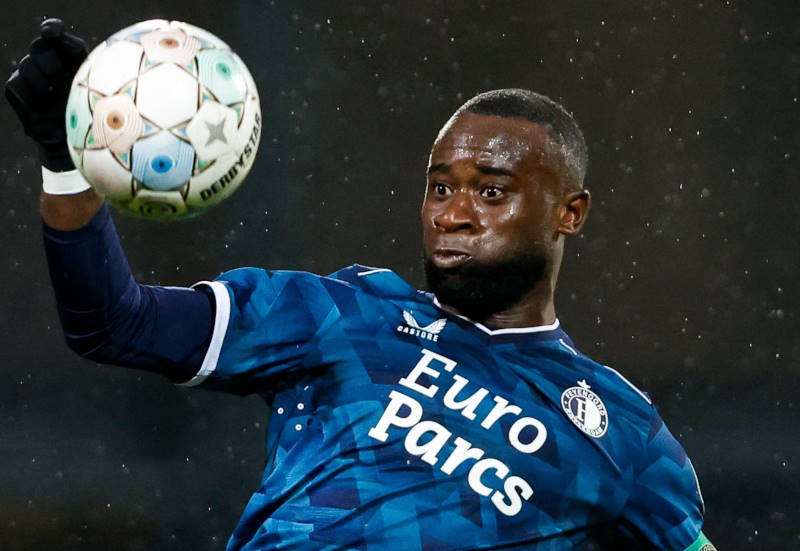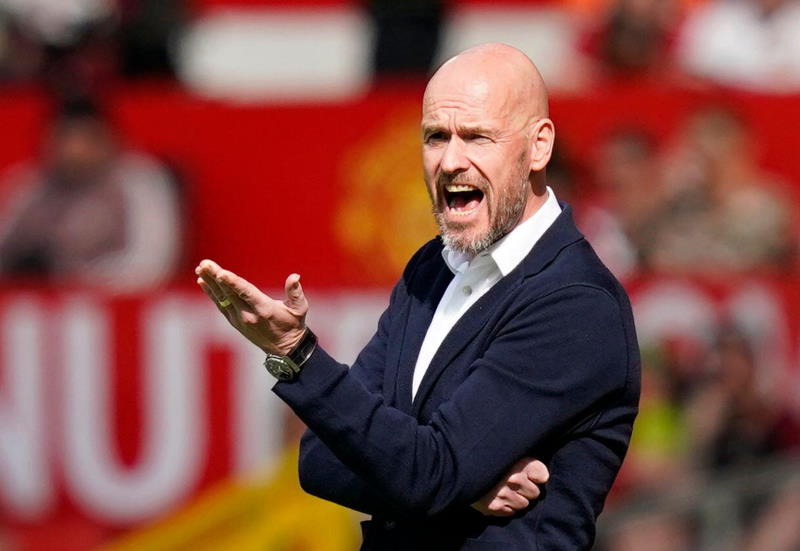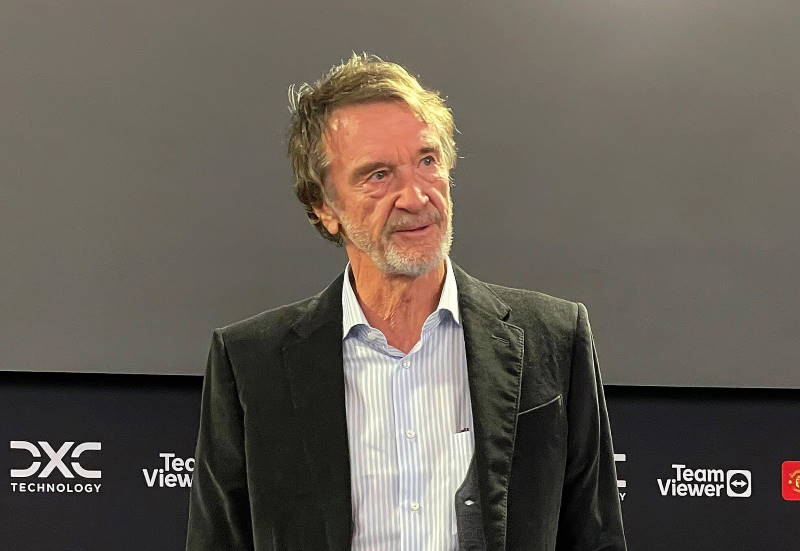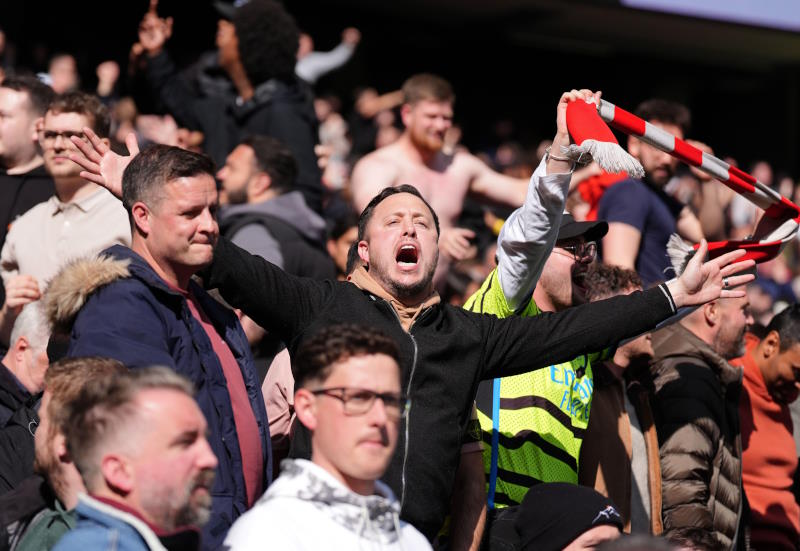
It would be fitting were Jose Mourinho to take over as Chelsea boss this summer. It would complete the confused cycle since the Portuguese first left the club and continue the diminishing size of the ever narrowing hole that Roman Abramovich is digging. Chelsea are at the end of a cycle – the Stamford Bridge outfit need to break out of it and start a new one quickly. Seeking to return to an old cycle would be disastrous for Chelsea’s Russian owner.
Abramovich himself has become a contradiction. In his haste to take decisive action, from the firing of Claudio Ranieri in 2004 to that of Andre Villas-Boas, the Russian appears indecisive. He clearly desires a long term solution and stability, yet for every step taken in that direction, he takes another two the opposite way.
The billionaire’s behaviour is not that of an impetuous owner with no patience; but someone confused by the sport in which he has invested so much. How does he achieve the long term success and eye catching football of Barcelona? Abramovich is trying to work that out, yet appears further away from the answer than ever. All he knows is that the team are in need of an overhaul.
And a club which needs to be rebuilt must have a manager who commands the respect of those he is replacing, self-evidently; particularly at Chelsea, where the players have been allowed to accumulate such power. Villas-Boas did not enjoy substantial respect because he had a wafer-thin CV and had won nothing at Stamford Bridge. Guus Hiddink or Carlo Ancelotti could have done it, as the pair had enough respect from the players; as could Mourinho. With every manager who is sacked, the players who bring them down are empowered by another victory.
Players loyal to Mourinho and angered at his departure have ruled Stamford Bridge since, bar a brief love affair with Hiddink. It was notable how it was the Portuguese-speaking contingent who initially went over to celebrate with Villas-Boas after scoring a goal against Wolverhampton Wanderers at the start of January and not the English and French-speaking side of the dressing room; a show of unity inadvertently demonstrated the split. Brazilian defender David Luiz then came out last week in defence of his manager, before those unconvinced of the Portuguese turned the screw and won perhaps the most fiercely fought battle of Stamford Bridge since Harald Hardrada brought over his invading Viking troops to English shores almost 1,000 years ago.
Egos need to be taken out of the team, as Sir Alex Ferguson has shown at Manchester United over his lengthy reign. Whenever a player has become too powerful at Old Trafford, be it David Beckham or Roy Keane, two of the best in Manchester United’s recent history, Ferguson has not hesitated to move them on. And the players who have accepted their dwindling influence – Gary Neville, Ryan Giggs and Paul Scholes – have been handsomely rewarded. Ferguson is possibly the best manager of all-time at dismantling a team, and he has shown that to do so, the power at a club must remain away from the players. That no one has the power to do this at Chelsea is the reason for their demise. And as Abramovich is constantly changing managers, something more drastic now needs to be done to destroy the dominant players’ hold over Chelsea’s future.
Away from the politics, another major issue is brewing. Abramovich will have serious concerns about the long term sustainability of his club. The Russian knows that his hands, as of this season, are bound more than ever by the limits of the Financial Fair Play (FFP) rulings that UEFA have brought in. These require teams to post losses of no more than €45M over the first two years of FFP. Then it will be €45M over three years as the rules get tougher, and long term clubs will not be able to lose any money over three rolling years’ finances. There are loopholes, but these are for things such as youth development and infrastructure, not for prising promising young coaches from FC Porto and then sacking them months later; or for bringing in strikers with big reputations such as Fernando Torres.
The concern the club will have was emphasised by their mixed financial results for the year ending 30th June 2011. There were losses of €80M, barely a reduction on 2010, though Chelsea did post record turnover figures. But the increase in the club’s turnover was largely thanks to television rights; both through the Premier League’s ever increasing broadcast value, and perhaps more significantly, Chelsea’s participation in the Champions League. Though the Blues went out of the Champions League at the quarter-final stage last season, they earned €44M in prize money, third only to the two finalists Manchester United and champions Barcelona.
If Chelsea win a spot in the Champions League for next season, that is a huge chunk of the record turnover made in 2011 – a fifth to be precise. But even if Chelsea do squeeze into the Champions League, their finances will still be a major concern because of the complicated way in which UEFA calculate prize money. Each country’s teams have a certain pool of money each, which is divided between their representatives. The key calculation of how much each of those teams take is based on league position the previous season. As Chelsea won the league in 2009/10, the Blues took a substantial sum from UEFA in 2011 despite not progressing past the quarter-finals. If Chelsea exit this season’s competition to Napoli at the Round of 16 stage, they will still take home a reasonable sum, having finished second last year. But a fourth place finish would restrict the Blues’ prize money significantly next year.
Despite all of that, Chelsea would have turned a profit in 2011, had they not indulged in a 31st January transfer splurge in 2011 that brought Luiz and Torres to Stamford Bridge; Abramovich was able to do that knowing that UEFA financial fair play rules would not look at the 2011 figures. This season though, Europe’s governing body will. And the figures will reveal the huge spending needed to bring Villas-Boas to Chelsea.
For Chelsea to comply with the financial fair play rules, they cannot go out and sign a raft of new players as they have in the past. Nor can the Blues endlessly hire and fire as they have done – and Abramovich will know this. The answer lies in players such as Juan Mata, Romelu Lukaku, Daniel Sturridge, Gael Kakuta, Kevin de Bruyne, Thibaut Courtois, Lucas Piazon and Oriol Romeu, youngsters signed in recent years with the potential to become world class performers; Josh McEachran has come through the youth ranks and is another star of the future.
In this context, and UEFA’s new rules in mind, it is significant that assistant manager Roberto di Matteo has been given temporary control of the club until the summer. It was instantly easy to conclude that this is merely to keep the hot seat warm for the return of Mourinho. A close look at Chelsea’s finances however and it would be difficult not to conclude that Abramovich has decided he has nothing to lose by giving Di Matteo the chance to advertise himself for the post to limit the potential cost of hiring a new coach in order to comply with the new rules. And in this vein, former Chelsea legends Gus Poyet and Gianfranco Zola could be more realistic targets than Mourinho and Josep Guardiola.
This is not necessarily the beginning of the end for Chelsea; but it is certainly the end of the old Chelsea. The Blues and Abramovich understand the club cannot afford not to change.

